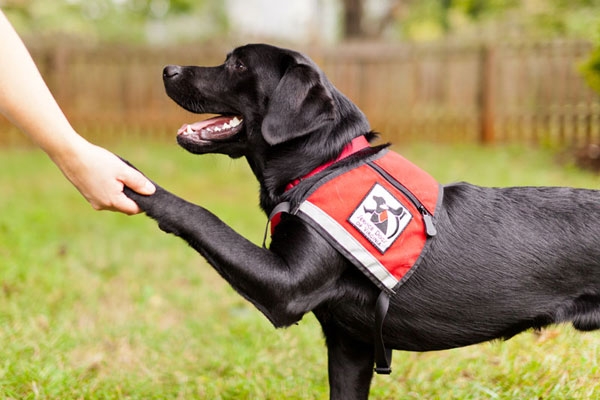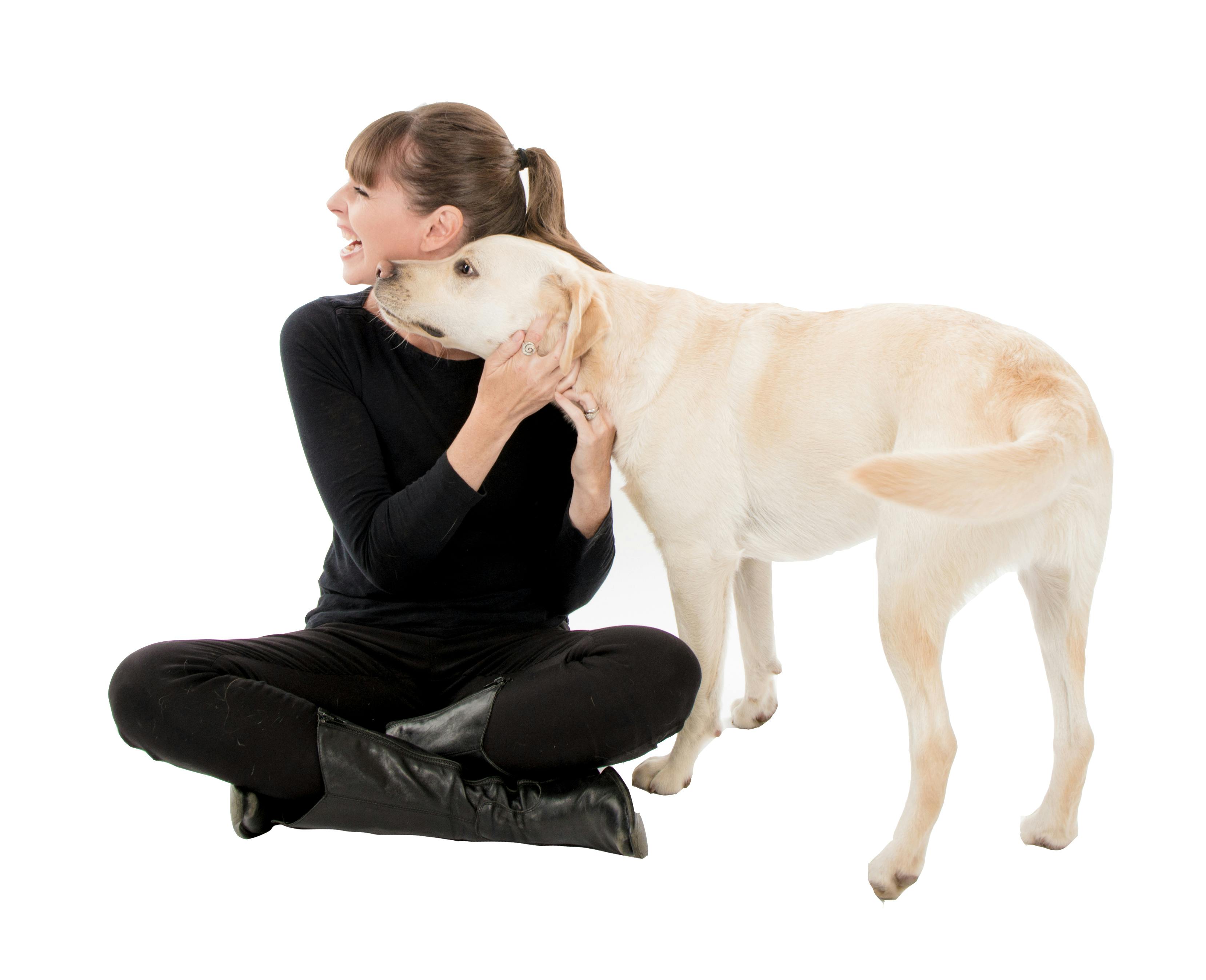Selecting the Right Dog Training For Dogs: Discovering the Best Approaches for Success
Selecting the Right Dog Training For Dogs: Discovering the Best Approaches for Success
Blog Article
Leading Dog Educating Techniques for each Phase of Your Pet Dog's Life
Effective dog training is necessary at every phase of a pet's life, as each stage offers unique difficulties and chances for growth. It is essential to acknowledge that training must progress together with a pet dog's advancement, making certain that methods remain effective and relevant.
Puppy Educating Basics
Puppy training basics prepared for a mannerly grown-up dog and entail several vital parts that must not be ignored. The initial phase of training concentrates on developing a strong bond between the pup and its proprietor, which is crucial for reliable interaction. Socialization is critical; exposing pups to different settings, individuals, and other pets assists them create confidence and versatility, reducing the chance of behavioral issues later in life.
Fundamental commands, such as sit, remain, and come, form the foundation of obedience training. Utilizing favorable reinforcement methods, such as treats and praise, encourages preferred habits and promotes a positive learning experience. Uniformity in commands and training sessions is important, as pups grow on regular and framework.
In addition, house training is a necessary element of puppy training. Establishing a normal timetable for restroom breaks and utilizing designated locations can aid decrease crashes and promote good habits. Overall, an all-around approach to puppy training, incorporating socializing, house, and obedience training, establishes the stage for a well-adjusted adult pet dog, ensuring a harmonious relationship in between the pet dog and its owner.
Adolescent Actions Administration
As young puppies grow right into adolescents, their actions can change substantially, frequently providing brand-new difficulties for proprietors. This developing phase, commonly happening in between 6 months and 2 years, is noted by heightened power degrees, interest, and a burgeoning sense of independence. Comprehending these adjustments is crucial for efficient actions administration.
Adolescents might exhibit rebellious propensities, such as ignoring commands they formerly grasped or participating in destructive habits. Consistency in training stays critical; reinforcing learned habits through positive support can aid neutralize these obstacles. Brief, appealing training sessions are important to keep their rate of interest and focus.

Furthermore, developing a structured routine can dramatically enhance a teenage pet dog's complacency. Regular exercise is crucial to direct their energy positively, lowering the chance of unfavorable habits. By using these approaches, proprietors can successfully browse the intricacies of adolescent behavior, fostering a well-adjusted, delighted canine buddy.
Adult Canine Obedience Methods

Favorable reinforcement stays straight from the source a key strategy; gratifying excellent actions with deals with, praise, or play encourages compliance. Consistency is important; the same commands and rewards must be made use of by all member of the family to stay clear of complication.
Including training into day-to-day routines can likewise work. As an example, practice commands during walks or dish times, allowing training to blend perfectly right into daily life. Participating in structured activities, like dexterity training courses or obedience courses, can even more enhance a pet dog's skills while supplying useful socializing chances.
It is essential to recognize that grown-up pets might likewise display stubbornness or complacency. Changing training methods to maintain their interest, such as varying benefits or introducing brand-new commands, can aid receive inspiration. In general, an ongoing commitment to obedience training will certainly promote a well-behaved and balanced adult dog.
Elderly Pet Adjustment Techniques
Recognizing the unique needs of senior pets is essential for guaranteeing their convenience and health. As pet dogs age, they might experience a decline in mobility, vision, and cognitive function, necessitating customized adaptation strategies.
First, take into consideration modifying the living environment. Make certain that the home is available and safe; remove obstacles and supply non-slip surface areas to avoid falls. In addition, think about using ramps or actions to assist them access their favorite areas.
Second of all, exercise must be adapted to make up decreased endurance and joint health and wellness (Dog Training For Dogs). Participate in much shorter, a lot more constant walks, and include mild activities like swimming, which can be beneficial for arthritic joints
Additionally, psychological stimulation continues to be important. Usage easy problem toys or participate in scent work to keep their minds sharp, while staying clear of frustrating jobs that may discourage them.
Last but not least, routine vet exams are important to monitor health adjustments and readjust treatment regimens accordingly. By applying these adaptation methods, you can boost the lifestyle for your elderly pet dog, ensuring they dig this age gracefully and conveniently.
Lifelong Knowing and Enrichment
While dogs of any ages gain from discovering and psychological excitement, lifelong enrichment is particularly essential for maintaining cognitive health and wellness and psychological health in both elderly and younger canines. Engaging tasks not just boost a pet dog's lifestyle however likewise enhance the bond between the dog and its proprietor.
Enrichment can take numerous forms, including interactive playthings, challenge feeders, and scent job, which promote a pet's detects and motivate problem-solving. Regular training sessions, including brand-new commands or techniques, keeps their minds sharp and advertises a feeling of achievement. Socialization with other pets and individuals is similarly vital, as it assists stop behavioral concerns and promotes adaptability.
Additionally, integrating exercise right into a pet dog's routine is essential for overall wellness. Activities like dexterity training, bring, or long strolls supply both mental and physical stimulation, ensuring pet dogs stay delighted and involved.
Finally, consider differing the setting by introducing brand-new places for playdates or walks. This modification can reignite a pet dog's interest and enthusiasm for exploration. Long-lasting learning and enrichment not just add to a meeting life however likewise promote a harmonious connection with your canine friend.
Conclusion
Efficient pet dog training methods advance throughout a pet's life, dealing with the distinct requirements of each developmental stage. Stressing regular mental stimulation, socializing, and physical workout fosters a well balanced and satisfying life for pet dogs.
Efficient pet dog training is necessary at every phase of a pet's life, as each stage provides special difficulties and opportunities for growth.Puppy training click here for more essentials lay the groundwork for a mannerly grown-up dog and involve several key parts that need to not be ignored. In general, a well-shaped strategy to puppy training, integrating socialization, obedience, and house training, sets the phase for a well-adjusted adult pet, making certain an unified connection between the pet dog and its owner.
Many pet proprietors may locate that grown-up dogs, while usually more secure in habits than their adolescent equivalents, still require consistent training to maintain obedience and good manners.Reliable canine training strategies advance throughout a canine's life, attending to the unique demands of each developmental phase.
Report this page